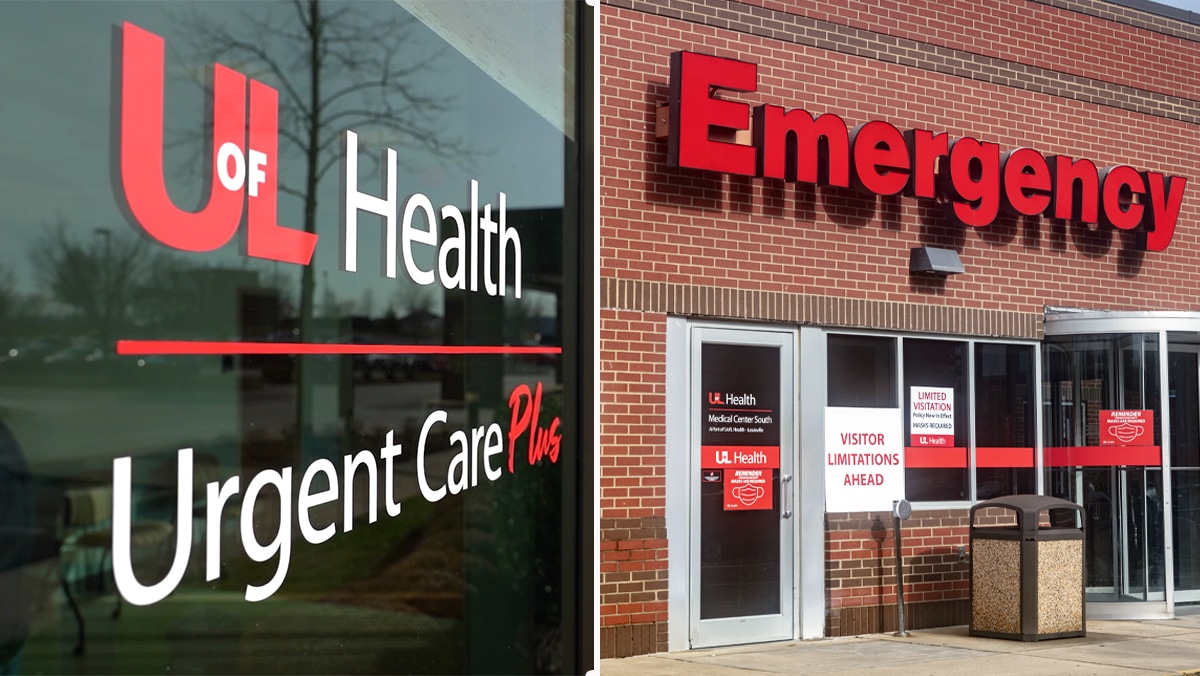
When seeking treatment, many wonder if they should visit the emergency room (ER) or make a stop at the closest urgent care.
What’s the difference?
An urgent care is a place where you can be seen more quickly and at a less expensive rate. They are used for taking X-rays and to perform minor procedures while providing the same quality of care you’d get at the ER. A good rule of thumb is, urgent cares take care of urgent, but not emergent, cases. Your urgent care provider will get you to the ER if they believe you need a higher level of care. If you’re in an emergency situation, seek care at the nearest ER location or nearest medical facility.
Still unsure which is best for you? Use the information below as a general reference:
When to go to urgent care:
- Fever without rash
- Fevers
- Sprains
- Painful urination
- Vomiting and/or diarrhea where dehydration is not a concern
- Sore throat
- Ear infection
- Cough
- If you already know the diagnosis, but cannot get an appointment with a primary care provider
- Broken bones of the wrist, hand, ankle or foot that have not broken through the skin
When to go to the ER:
- Signs of a heart attack
- Difficulty breathing
- Loss of balance or fainting
- Signs of a stroke
- Loss of consciousness or lethargy
- Any sudden, severe pain
- Falls with injury or with blood thinner use
- Head or eye injuries and/or loss of vision
- Broken bones or dislocated joints
- Deep cuts that require stitches and large open wounds
- Fever over 100.4 degrees Fahrenheit or fever with rash
- Persistent bleeding
- Repeated vomiting and/or diarrhea with the concern of dehydration
- Serious burns
- Seizures without a diagnosis of epilepsy
UofL Health is proud to have seven ER locations across Jefferson, Bullitt and Shelby counties and six Urgent Care Plus locations. Need to find the nearest UofL Health location to you? Visit UofLHealth.org for more information.









